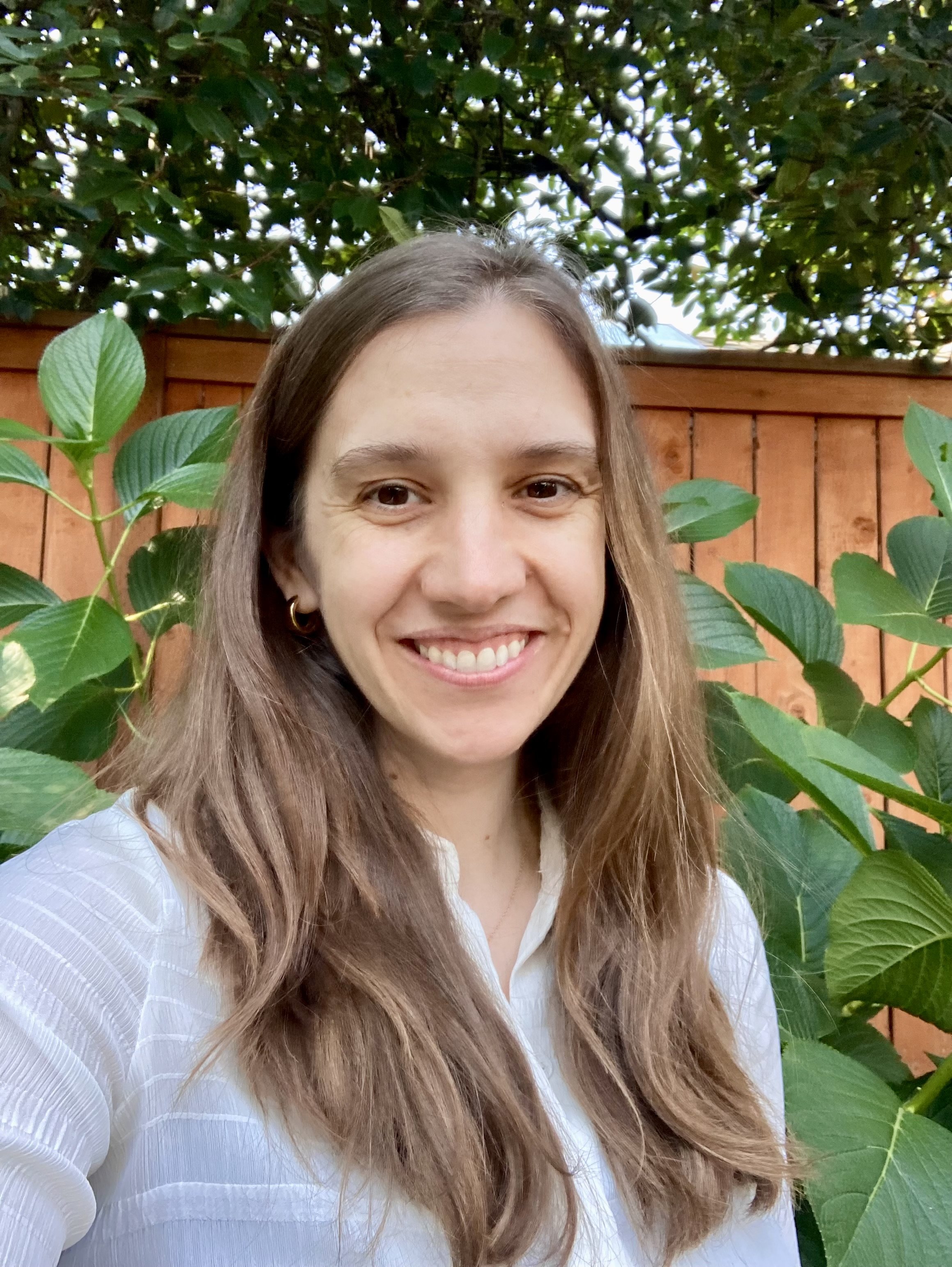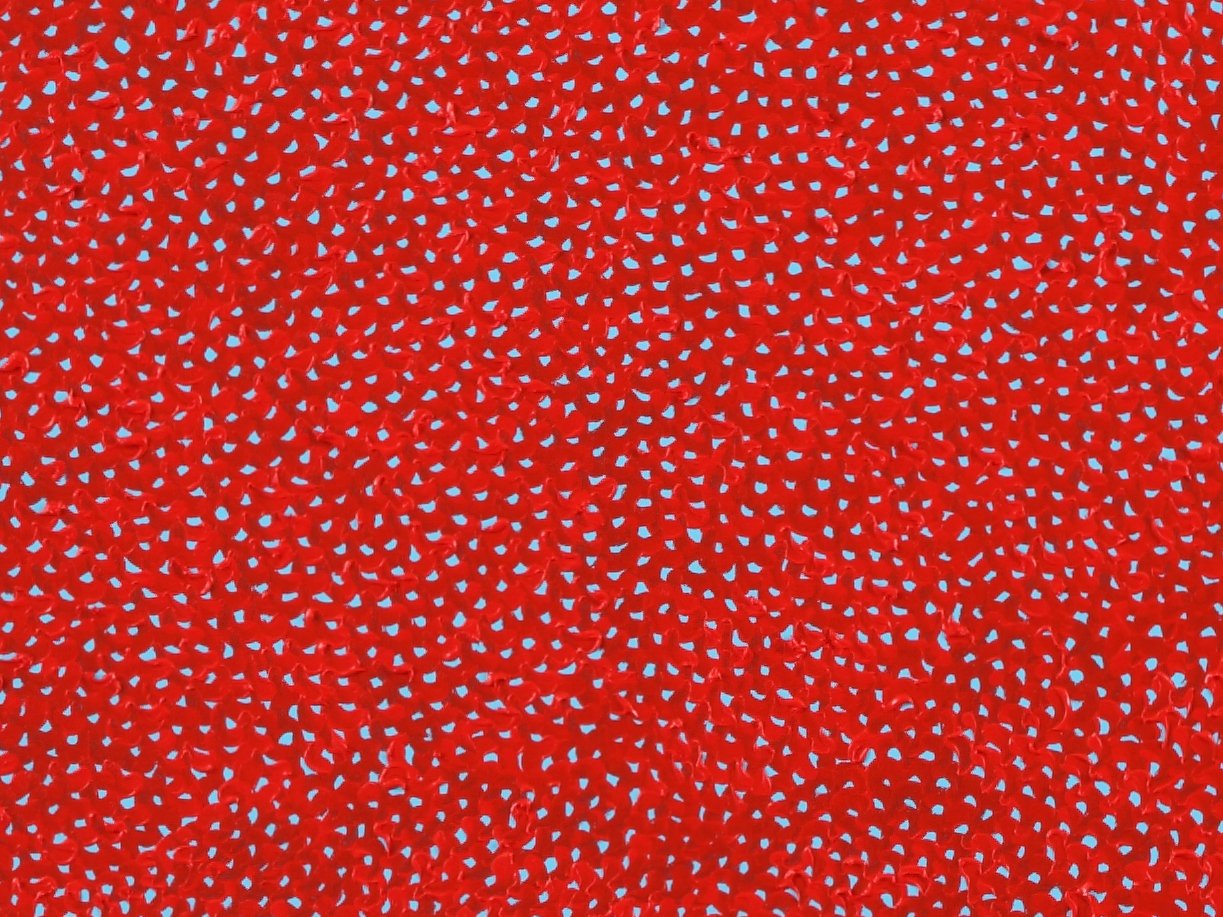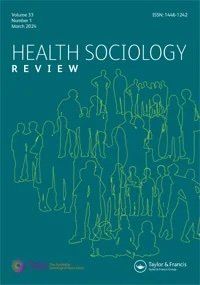As a sociologist of Health & Illness, I am interested in Mental health, SUICIDE, and Health Technology.
I am currently a postdoctoral fellow at the Center to Improve Veteran Involvement in Care (CIVIC) at the VA Portland Health Care System, where I work on research projects focused on Veteran mental health and suicide prevention. I am fortunate to be mentored by Dr. Alan Teo, Dr. Lauren Denneson, and Dr. Travis Lovejoy.
I am also an Adjunct Professor at the University of Portland where I teach Sociology 101.
As a researcher, I strive to design and conduct research to improve health and health services. In my work, I prioritize scientific rigor, respect for colleagues and participants, and a critical approach which illuminates structures of power and inequity.
My work spans two primary areas of investigation:
Mental Health & Suicide
Drawing from my training in public health and sociology, my work addresses critical issues in suicide prevention and mental health services. My dissertation deployed a relational perspective to suicide-related help-seeking, examining how young adults seek support for suicidal ideation in the context of their social lives. Other projects have explored layered stigma and barriers to mental health care access for low-income individuals. By combining qualitative and mixed methods approaches, I aim to uncover the structural and interpersonal dynamics that shape mental health help-seeking and intervention effectiveness.
Health TECHnology
As technology continues to play an increasingly central role in our lives and society, it is imperative that we understand how individuals and organizations use, regard, and deploy technological tools in health, healthcare, and illness. My research in this area has focused on the intersection of technology and health, emphasizing innovative methodologies and applications to improve mental health outcomes. I have explored the integration of social determinants of health into electronic health records, used asynchronous online focus groups to gather nuanced insights from providers who prescribe opioids, and explored the use of crisis text services to understand help-seeking behaviors.
Books that HAVE BEEN a big deal for me
The Body Silent: The Different World of the Disabled (2001) Robert Murphy
Buddhism for Mothers (2003) Sarah Napthali
Unequal Childhoods: Class, Race, and Family Life (2003) Annette Lareau
Medical Apartheid (2006) Harriet A. Washington
The Pastoral Clinic (2010) Angela Garcia
Addiction by Design (2012) Natasha D. Schull
Feminist, Queer, Crip (2013) Allison Kafer
Life Beside Itself (2014) Lisa Stevenson
A Little Life (2015) Hanya Yanagihara
How to Do Nothing: Resisting the Attention Economy (2019) Jenny Odell
Life Under Pressure: The Social Roots of Suicide & What to Do About Them (2024) Anna Mueller and Seth Abrutyn
What I’m currently reading
Shadow Ticket - Thomas Pynchon
up next
The Line of Beauty - Alan Hollinghurst
SELECTED PUBLICATIONS
“Just because I’m smiling doesn’t mean I’m not in pain”: Navigating the Layered Stigma of Chronic Pain and Suicidality in Social Worlds.
LaForge, K. 2024. “Just because I’m smiling doesn’t mean I’m not in pain”: Navigating the Layered Stigma of Chronic Pain and Suicidality in Social Worlds’. Health Sociology Review.
Using Asynchronous Focus Groups to Collect Data from Healthcare Professionals
LaForge, K, Mary Gray, Erin Stack, Catherine J. Livingston, and Christi Hildebran. 2022. “Using Asynchronous Focus Groups to Collect Data from Healthcare Professionals.” International Journal of Qualitative Methods.21:16094069221095658
Knowledge, attitudes, and behaviors related to the fentanyl-adulterated drug supply among people who use drugs in Oregon.
LaForge, K., Stack, E., Shin, S., Pope, J., Larsen, J. E., Leichtling, G., ... & Korthuis, P. T. 2022. Knowledge, attitudes, and behaviors related to the fentanyl-adulterated drug supply among people who use drugs in Oregon. Journal of Substance Abuse Treatment, 141, 108849.
Mentoring & academic community
my Mentoring philosophy
Scientific research has a long history of mentorship. Mentorship is absolutely essential to a successful scientific career. I have personally benefited tremendously from my mentors and am eager to pass along my learning to mentees.
As of November 2025, I have capacity to mentor 1 additional mentee. I am most qualified to provide mentorship to graduate students in Public Health, Health Services, and Sociology. I have content expertise in mental health, mental health services, suicide, pain, and substances (although mentor-menteeship relationships can flourish outside of strict content alignment). If you are interested or curious, please reach out via e-mail.
what does mentorship look like?
I wouldn’t be a sociologist if I didn’t answer this with, “it depends!” Nonetheless, I believe in the following:
Constructive Feedback: At the core of mentorship is feedback on papers, grants, presentations, and more. I believe in offering specific, generous, and strategic feedback.
A Dialectic Approach: I view mentorship as an active, engaged exchange. I avoid monologues and instead prioritize collaborative, back-and-forth dialogue to work toward solutions together.
Bidirectional Communication: Strong mentorship depends on transparent, two-way communication. I solicit feedback from mentees about my mentorship and, likewise, provide feedback about the mentee’s engagement in the relationship.
Tailored Support: Each mentee is different. I tailor my approach to meet mentees where they are in their scientific journey, adapting my advice and support to their individual needs and goals.
Academic communities
For me, a core part of being a social scientist is my commitment and contributions to my scientific communities.
Social Determinants of Health Initiative (SDHI) - Portland State University
As a member of Portland State University's Social Determinants of Health Initiative (SDHI), I contribute to interdisciplinary, community-engaged research and education efforts aimed at advancing health equity. The SDHI brings together individuals from PSU, Oregon Health & Science University, community organizations, governmental agencies, and local health systems to collaboratively address the social factors influencing health outcomes. Find more information through the SDHI newsletters and updates here.
Network of Early Career Researchers in Suicide & Self-Harm
I am a member of the International Network of Early Career Researchers in Suicide and Self-harm (netECR), an international community that fosters collaboration, networking, and support among early career researchers in the field. I lead the Qualitative Special Interest Group (QSIG), a peer group where early career researchers meet monthly to discuss qualitative methods, share insights, and support one another's work. If you want to find out more about becoming part of netECR, please email us at internationalnetecr@gmail.com.
Teaching
My teaching philosophy is rooted in inclusivity, reflexivity, and student-centered learning. I strive to create classrooms where all students feel they belong and can succeed. I design coursework that meets students where they are, integrate student choice into the syllabus, and emphasize collaborative learning through peer feedback and discussion. I prioritize transparency, clarity, and multiple communication channels to ensure accessibility. Ultimately, I aim to foster a warm, supportive environment where students not only build disciplinary knowledge but also develop the habits, confidence, and skills to thrive as scholars.
Courses Taught
Sociology 101: Understanding Society
University of Portland, Portland OR | Fall 2025
This introductory course teaches students to view the world through a sociological lens, examining the relationship between social structure and individual agency. Covering core sociological ideas such as the self, identity, social construction, marginalized identities, and sociology of health and illness, the course emphasizes how shifting our perspective to that of society reveals patterns that shape opportunities and inequalities. I draw from theoretical and empirical work to showcase sociological methods and teach students about theory. Using a team-based learning model with extensive in-class engagement, the course also integrates videos, guest speakers, and a student-selected topic area for three weeks of coursework, giving students ownership of their learning.
Dissertation Proposal Seminar
University of California San Francisco, San Francisco, CA | Spring 2025
This seminar introduces students to the requirements of the dissertation proposal with a focus on applied learning. The course combines brief pedagogical lectures with in-class feedback opportunities, where students exchange and refine their work collaboratively. We also cover organizational strategies and time management to help students build the habits needed for long-term scholarly success. By the end of the seminar, students develop a clear outline of their dissertation proposal and complete key elements such as interview guides, timelines, and appendix materials. The course provides a foundation not only for the proposal itself but also for academic success throughout the dissertation years.
Let’s talk!
E-mail me at kate.laforge@hey.com or kate.laforge@va.gov.
Find me on Google Scholar.
Find me on LinkedIn.










